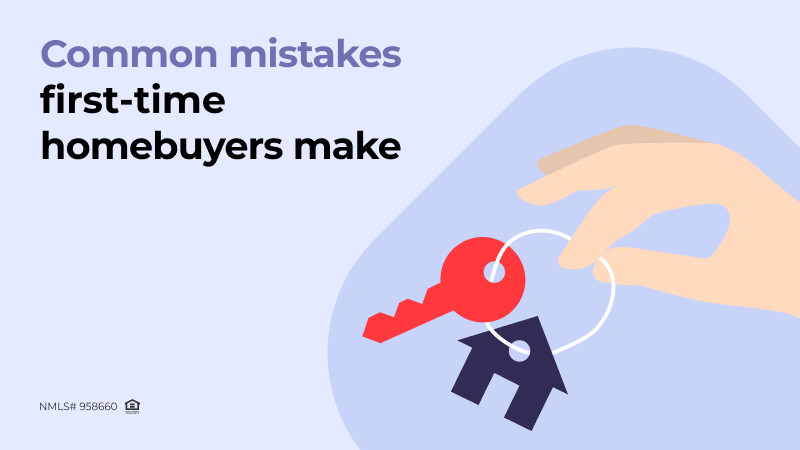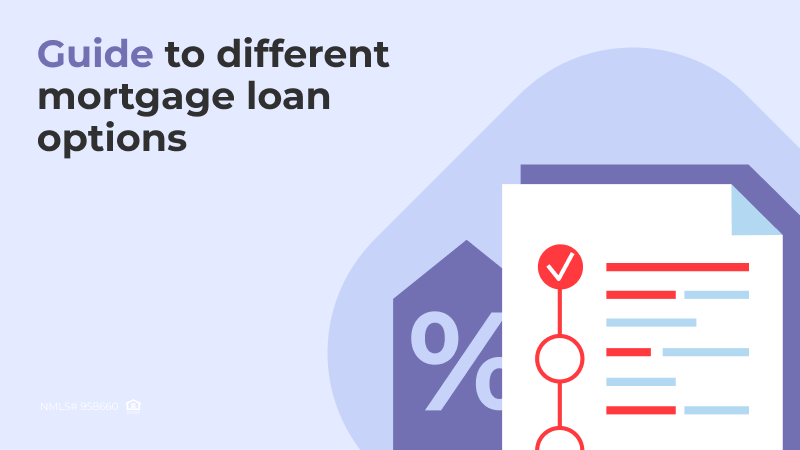Introduction: The homebuying journey is a thrilling adventure, but it involves various stages, one of which is the underwriting process. Underwriting is a critical step where lenders assess your financial background to determine your eligibility for a mortgage. Understanding what to expect during this process and how long it typically takes can help you navigate it with confidence. In this guide, we’ll walk you through the ins and outs of the underwriting process, ensuring you’re well-prepared for this crucial phase of your homeownership journey.
What is Underwriting? Underwriting is the meticulous evaluation of your financial profile by lenders to determine the risk of lending you a mortgage. Lenders analyze various aspects of your financial history, creditworthiness, income, and property details to ensure that you’re a suitable candidate for a home loan.
- Application Review: Once you’ve submitted your mortgage application, the underwriting process begins. The lender reviews your application, credit report, and supporting documents. Ensure you’ve provided accurate and up-to-date information to expedite this stage.
- Verification of Information: Underwriters verify the information you’ve provided, including your income, employment history, assets, debts, and any other financial documentation. This process may involve contacting your employer, checking tax records, and confirming your financial standing.
- Credit Check and Credit Score Analysis: Lenders assess your credit history and credit score to gauge your creditworthiness. A higher credit score generally leads to more favorable loan terms, while a lower score might require additional documentation or result in less advantageous terms.
- Debt-to-Income Ratio Evaluation: Your debt-to-income ratio (DTI) is a crucial factor in the underwriting process. Lenders want to ensure that your monthly debt payments, including the prospective mortgage payment, remain within a manageable range of your income.
- Property Appraisal: If you’re purchasing a home, the property will undergo an appraisal to determine its value. This step ensures that the loan amount aligns with the property’s worth. A low appraisal could potentially affect your loan approval and terms.
- Conditions and Documentation Requests: Underwriters may request additional documents or explanations to clarify any inconsistencies or gaps. Respond promptly to these requests to keep the process moving smoothly.
- Mortgage Underwriting Decision: Based on the information gathered and analyzed, the underwriter makes a decision. There are three possible outcomes: approval, conditional approval (with specific requirements), or denial.
How Long Does the Underwriting Process Typically Take?
The duration of the underwriting process can vary based on several factors:
- Complexity of Application: Complicated financial situations or extensive documentation requirements may prolong the process.
- Lender’s Workload: The lender’s current workload and staffing can impact the time it takes to review your application.
- Response Time: Your response time to requests for additional documents or clarifications can significantly influence the timeline.
On average, the underwriting process takes around 30 to 45 days. However, it’s essential to note that this is an estimate, and the timeline can vary. Staying in close communication with your lender and promptly providing requested information can help expedite the process.
Conclusion: The underwriting process is a critical phase of obtaining a mortgage, ensuring that you’re financially qualified for homeownership. Being prepared for what to expect during this process and understanding the factors that influence its duration can make the experience smoother and less stressful. Remember that patience, thoroughness, and timely communication are key to successfully navigating the underwriting process and moving one step closer to securing your dream home.



